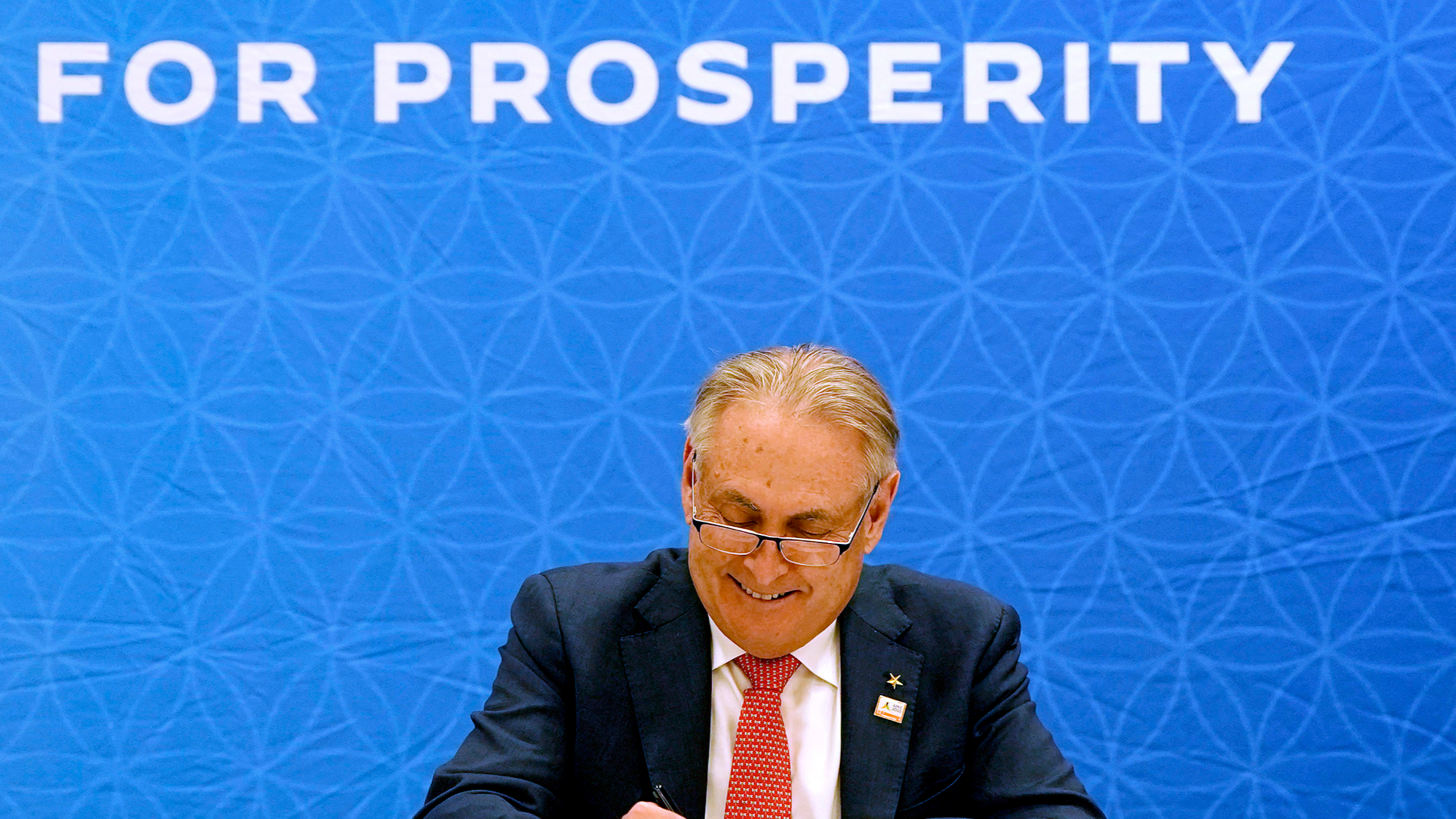
Australia's steel and aluminum industry is bracing for the impact of the latest tariffs from the United States, just months after the administration of US President Donald Trump rolled out worldwide protectionist measures.
Trump said on Friday he plans to increase the tariff on steel and aluminum imports to the US from 25 percent to 50 percent from June 4 to protect it from foreign competition.
Australia's Minister for Trade and Tourism Don Farrell responded a day later to the move, saying in a statement that the doubling of tariffs on steel and aluminum was "unjustified" and an act of economic "self-harm".
READ MORE: Aussie PM: Exemption from US aluminum tariffs 'under consideration'
Australia's position has been "consistent and clear," and that its federal government would continue to advocate strongly for the removal of the tariffs, Farrell said.
"These tariffs are unjustified and not the act of a friend," he said. "They are an act of economic self-harm that will only hurt consumers and businesses who rely on free and fair trade."
In a media release on Sunday, Farrell said he will be leading an Australian delegation to France to the OECD Ministerial Council Meeting to "advance Australia's trade interests and advocate for the rules-based trading system".
"On the sidelines of this meeting, Australia will host the annual informal gathering of World Trade Organization (WTO) Ministers. The meeting will provide an opportunity to build momentum for WTO reform and reinforce the importance of an open, rules-based global trading system," he said.
Responding to the worldwide tariffs imposed by the Trump administration in April, the Australian Workers' Union had in a statement highlighted the need to "pivot to a more muscular and independent approach to industry support, in the wake of Donald Trump's 'Liberation Day' tariffs".
Ben Udy, lead economist for economic advisory Oxford Economics Australia, told China Daily that Australia exports a significant amount of steel and aluminum to the US, "so the increase is unwelcome news for those exporters".
"But our previous modelling suggested the first round of steel tariffs could have a small positive impact on the Australian economy. After all, if the US wants to increase steel production, it will need more iron ore and coal to do so," Udy said.
READ MORE: RBA: Impact of US tariffs on Australian economy to remain 'relatively small'
"Given Australia's dominance as an iron ore exporter, the net effect for the Australian exports to the US could be positive," he said.
"While the impact on exports to the US may be offset by higher iron ore exports, this would still cause a disruption for those sectors," he said, adding that if iron ore or coal exports rose it would likely benefit the economies of Australia's Western Australia and Queensland states but reduced steel exports would probably impact New South Wales and South Australia states to a great extent.
"Australia has never been a large exporter of steel. To the extent that Australian steel makers wish to differentiate themselves in the global market, a shift towards higher value green steel may make sense," Udy said, adding that the adjustment would probably take considerable time.


